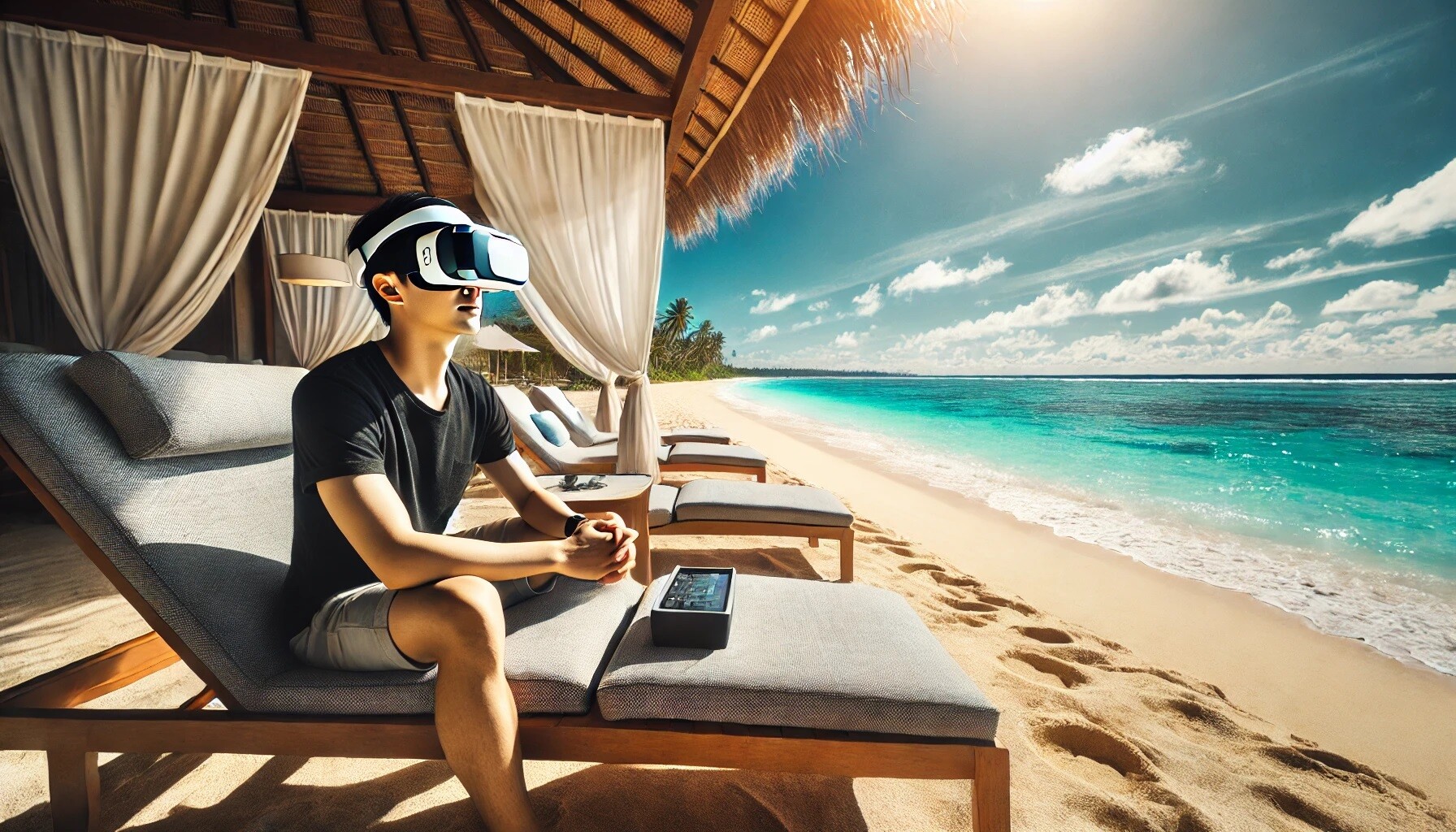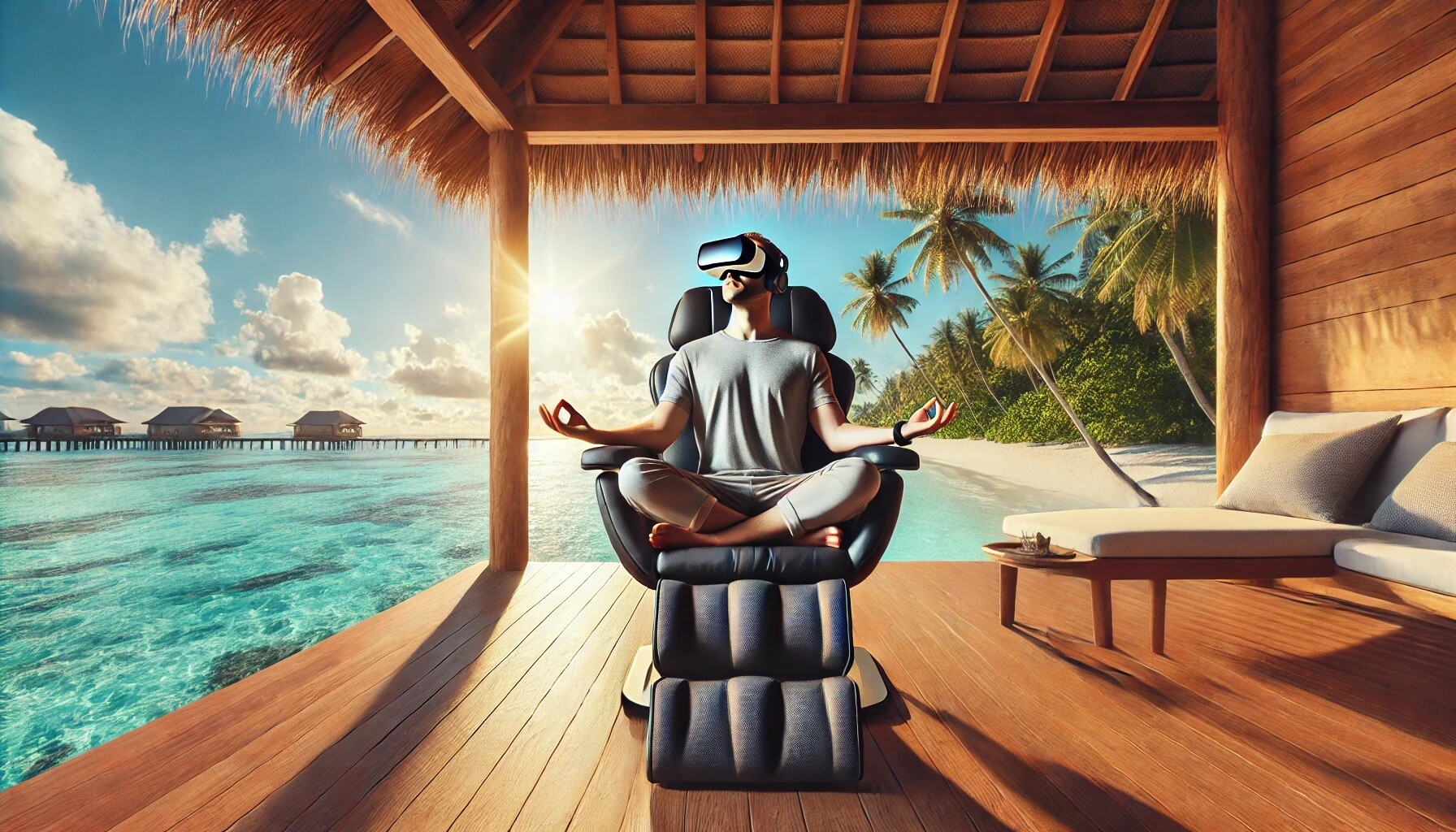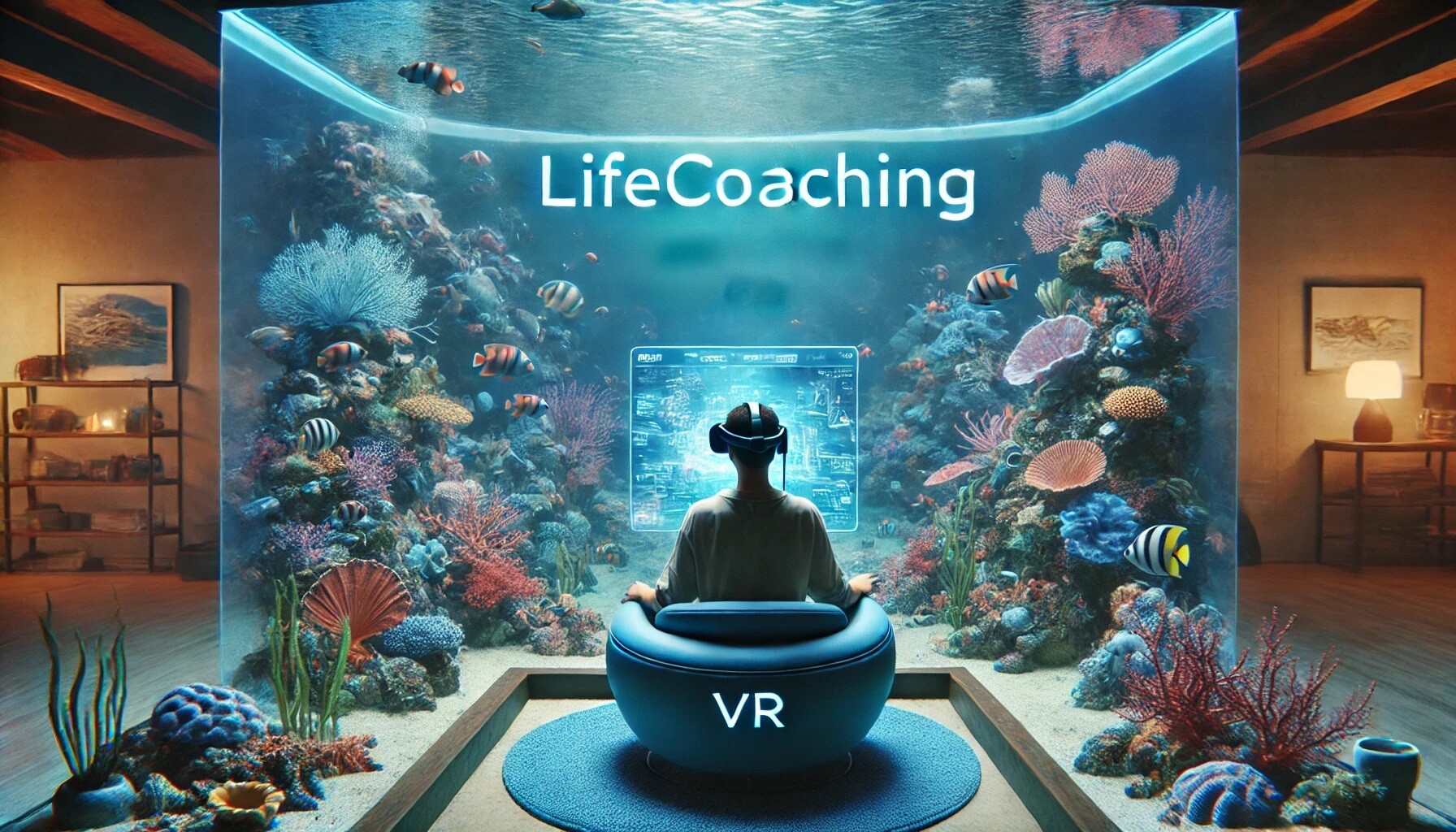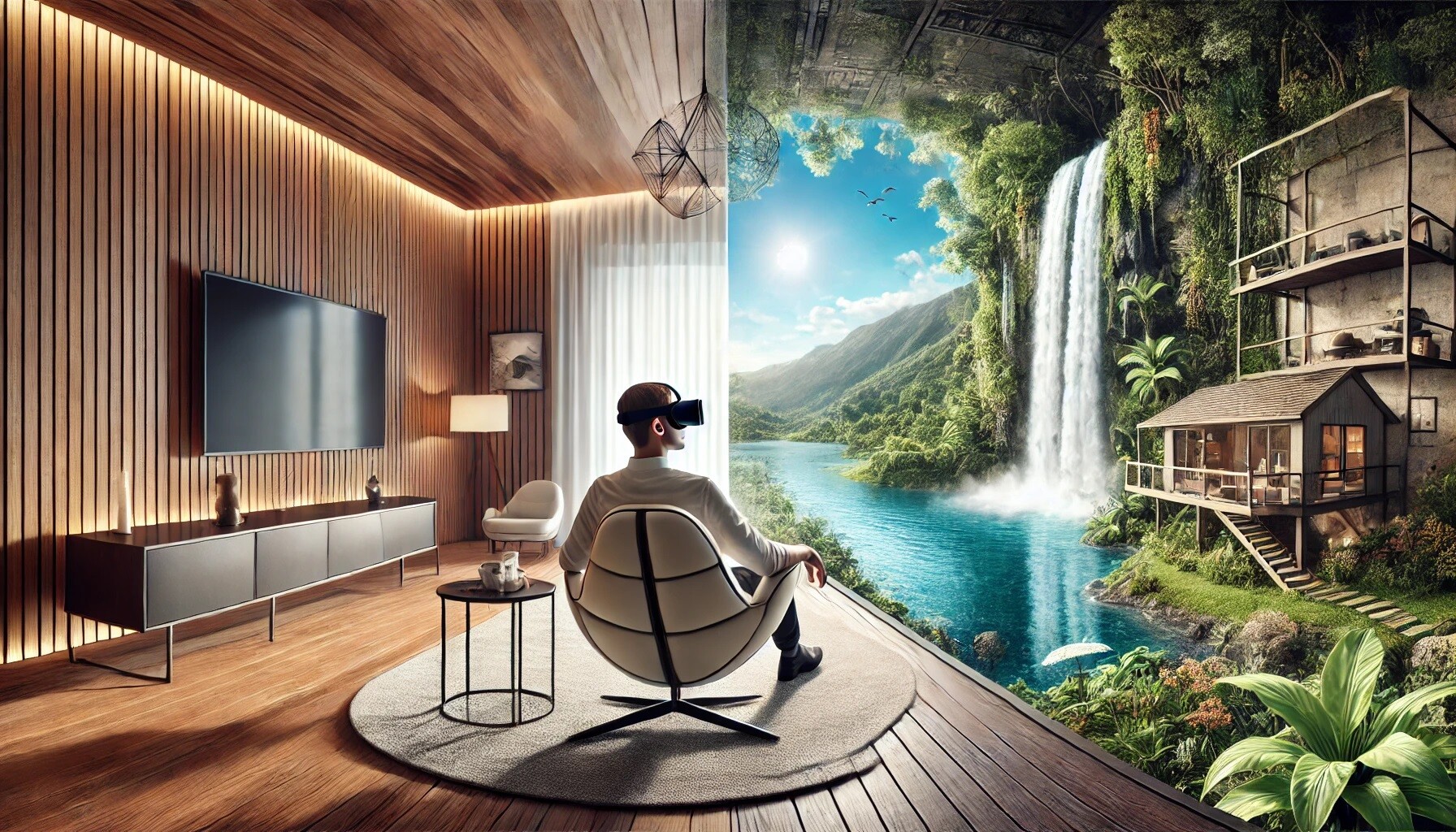Beyond the Temporary: Unlocking Lasting Changes with VR
We've all been there—watching a motivational YouTube video, feeling a surge of inspiration, and swearing that this will be the time you finally...
3 min read
 Nerdle
:
Nov 1, 2024 4:00:00 AM
Nerdle
:
Nov 1, 2024 4:00:00 AM

In recent years, mental health treatment has expanded far beyond traditional therapy, introducing groundbreaking methods that use technology to enhance well-being. One of the most exciting developments is the rise of virtual reality (VR) in mental health care. VR-based life coaching, in particular, has opened new pathways for managing anxiety, depression, and personal growth, blending immersive experiences with the guidance and support of a coach.
In this blog, we’ll explore what makes VR life coaching unique, its benefits over traditional methods, and why it’s fast becoming a sought-after option for mental wellness support.
Traditional therapy and life coaching have long been trusted approaches for mental wellness. Therapy often focuses on identifying and managing mental health conditions, using structured, evidence-based techniques. Life coaching, meanwhile, provides a more goal-oriented approach to self-improvement, helping individuals work through life challenges and achieve personal goals.
However, these traditional methods have their limitations:
This is where VR comes in, offering an accessible, immersive option that aims to overcome some of these barriers.
VR life coaching combines the principles of life coaching with virtual reality technology to create a unique, interactive experience. In a VR session, clients can interact with immersive environments designed to reduce stress, promote mindfulness, and develop new skills—all with the support of a trained life coach.
This innovative approach uses VR headsets to guide individuals through scenarios that feel real, helping them confront specific challenges or practice coping skills in a safe and controlled environment.
It’s essential to note that VR life coaching doesn’t replace traditional therapy; instead, it complements it. For individuals with severe mental health conditions, licensed therapists remain essential. VR life coaching is best suited for those interested in personal growth, tackling everyday anxieties, or seeking support with life goals in a less clinical, more interactive format.
Choosing the right mental wellness approach depends on personal needs and comfort levels. VR life coaching may be a good fit if you:
As more people discover the benefits of VR for mental health, virtual life coaching will continue to gain traction, offering a flexible, innovative way to enhance mental wellness. The blend of technology and personal support provides a promising, personalized path for those looking to improve their mental health and overall quality of life.
The mental health landscape is evolving, with VR life coaching paving the way for new approaches to well-being. By combining immersive technology with the wisdom and guidance of life coaching, individuals can access powerful tools to manage anxiety, build resilience, and achieve their goals. As VR continues to grow, it’s likely to become a staple in mental health support, offering unique experiences that redefine what’s possible in personal growth and healing.

We've all been there—watching a motivational YouTube video, feeling a surge of inspiration, and swearing that this will be the time you finally...

Welcome to a transformative approach to mental wellness where cutting-edge technology meets compassionate life coaching. I’m Nerdle, and today I’m...

In the ever-evolving world of mental health care, Virtual Reality (VR) is emerging as a groundbreaking tool that transcends traditional therapy and...